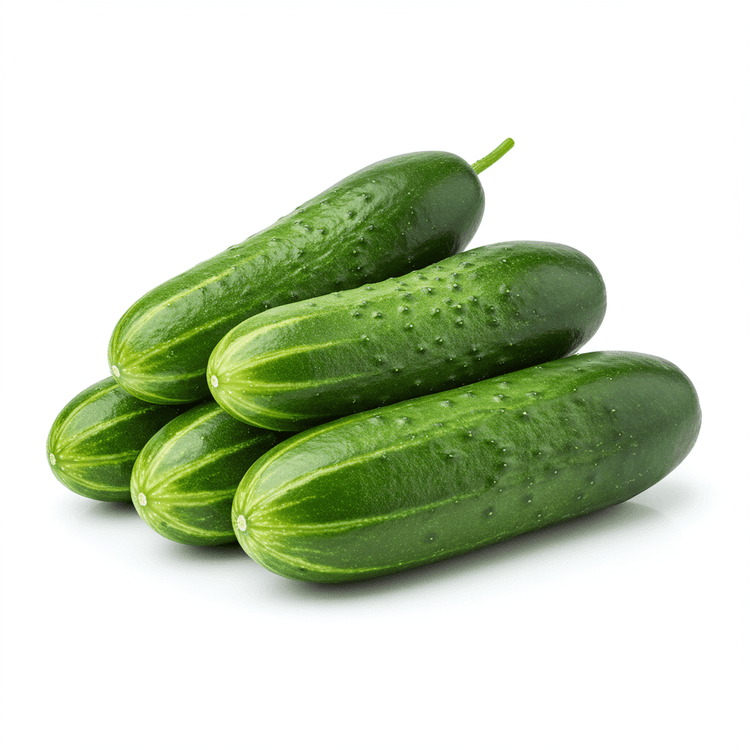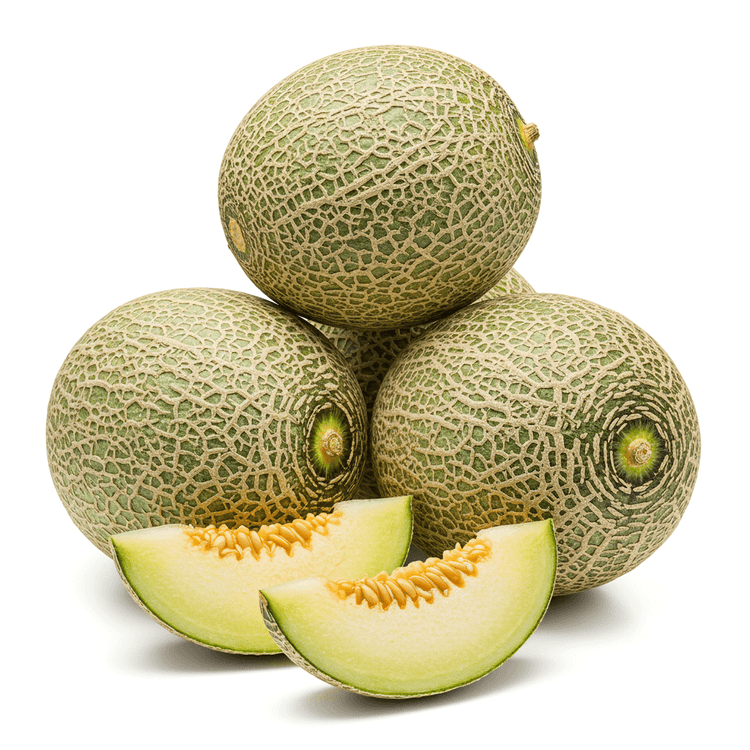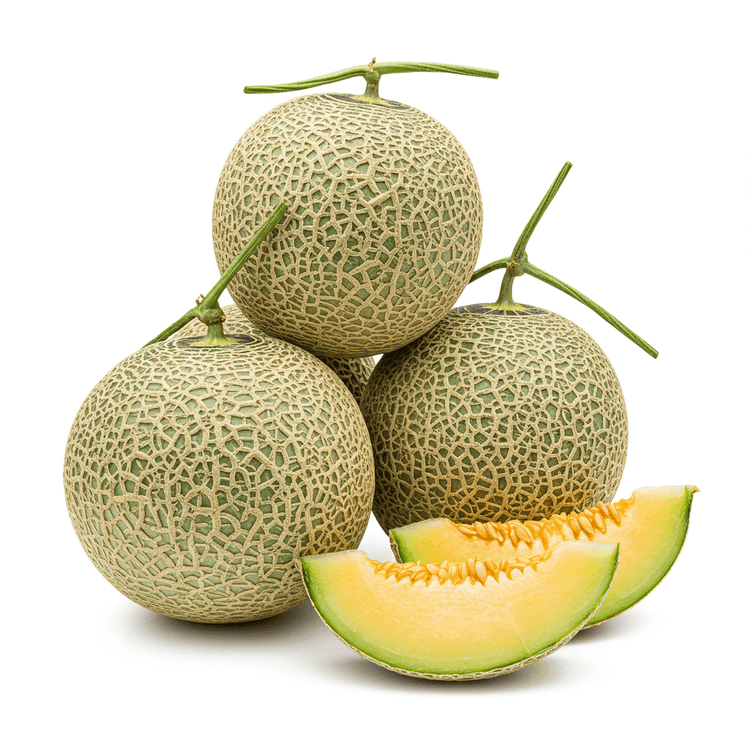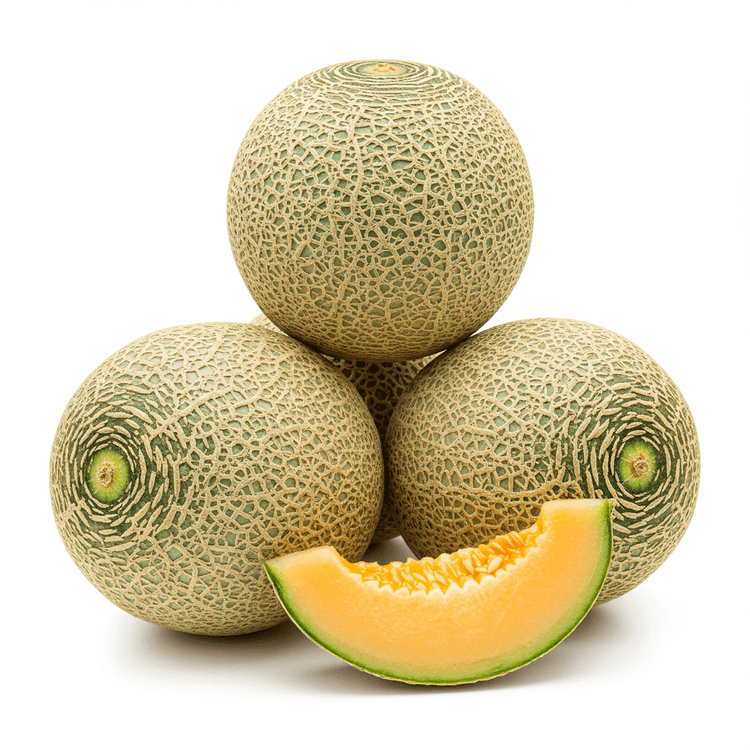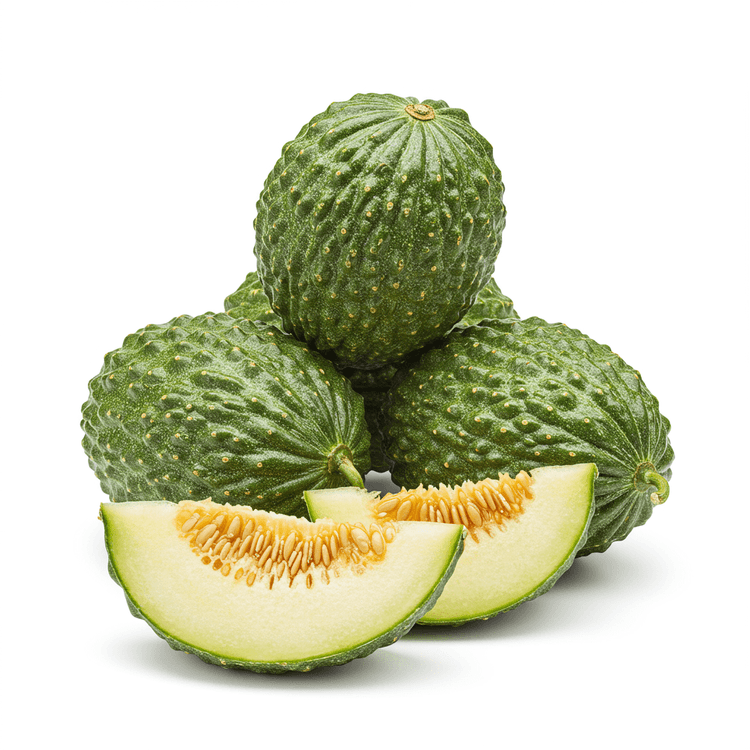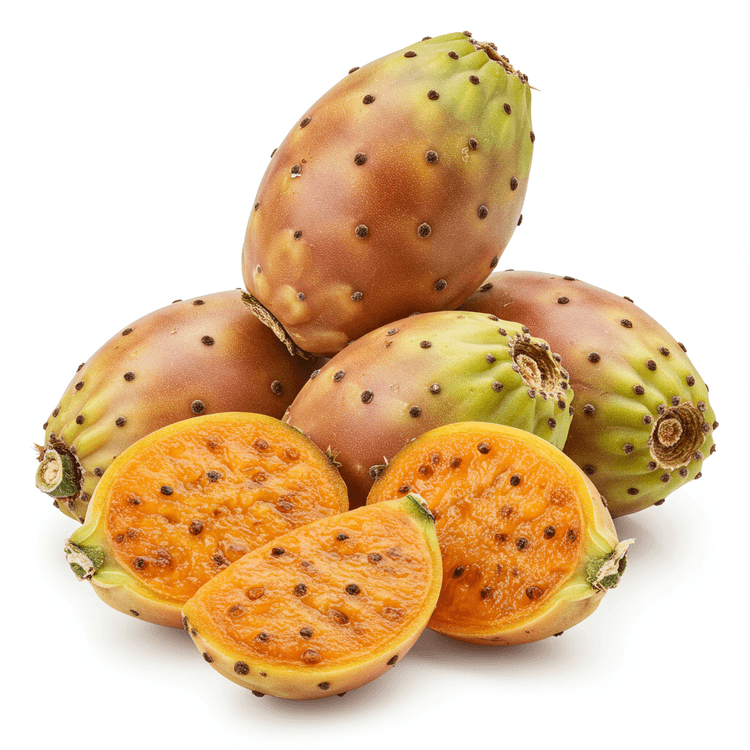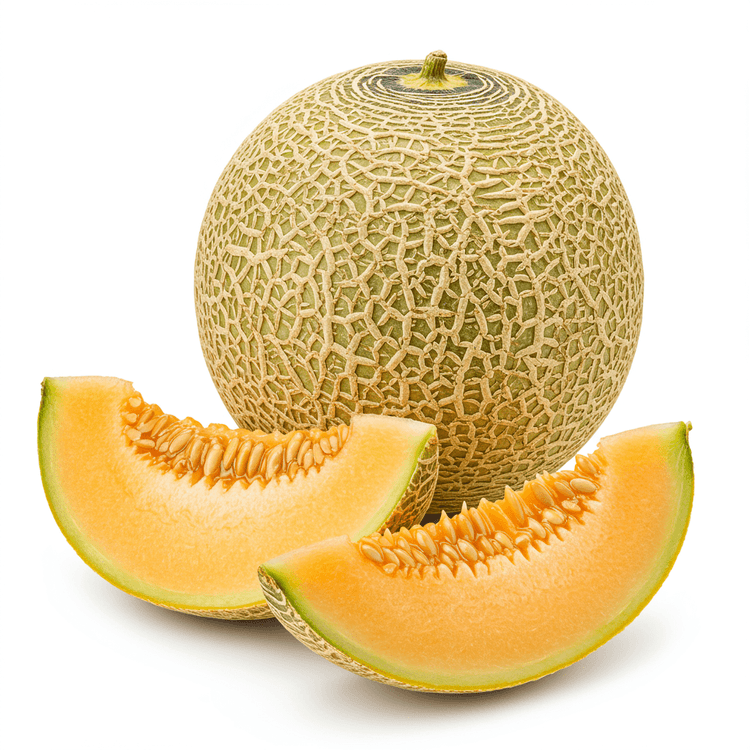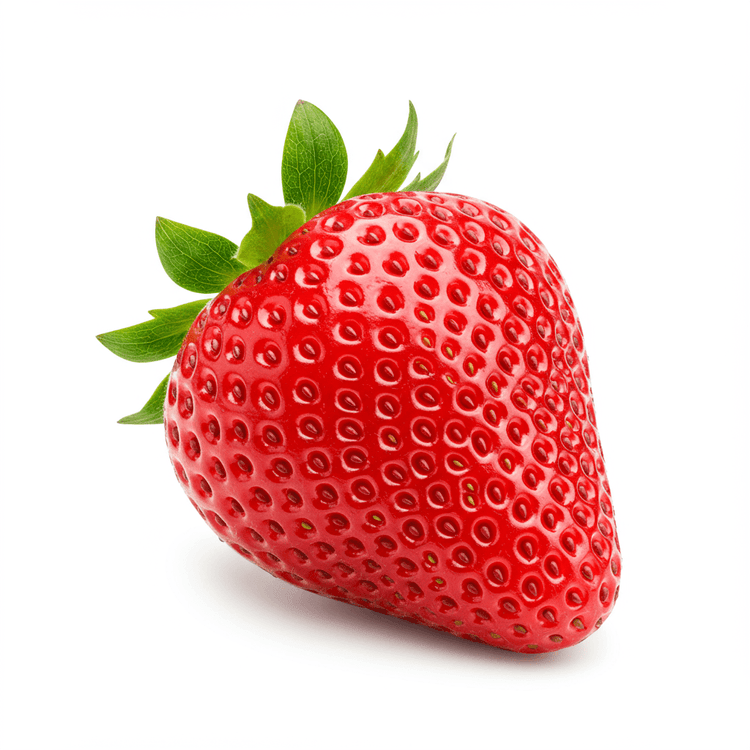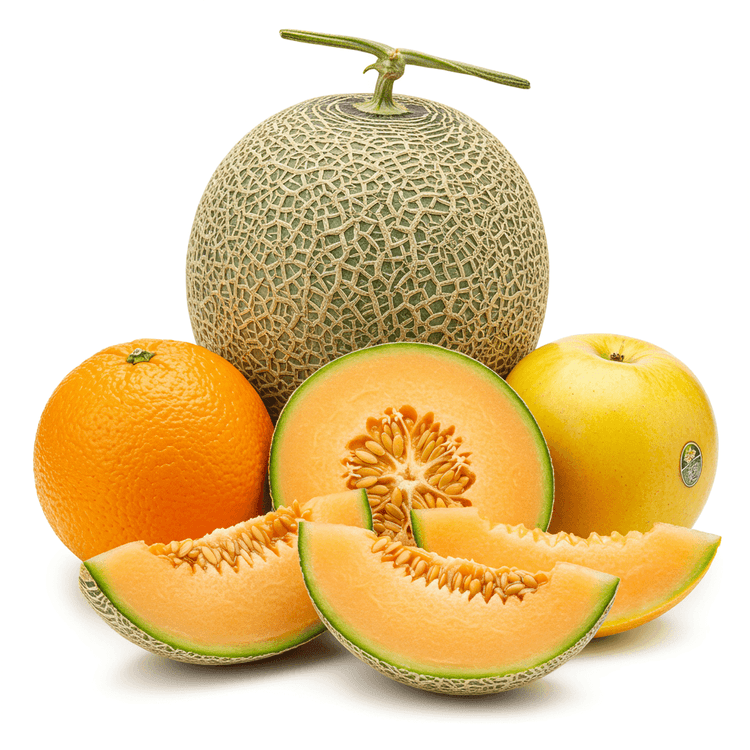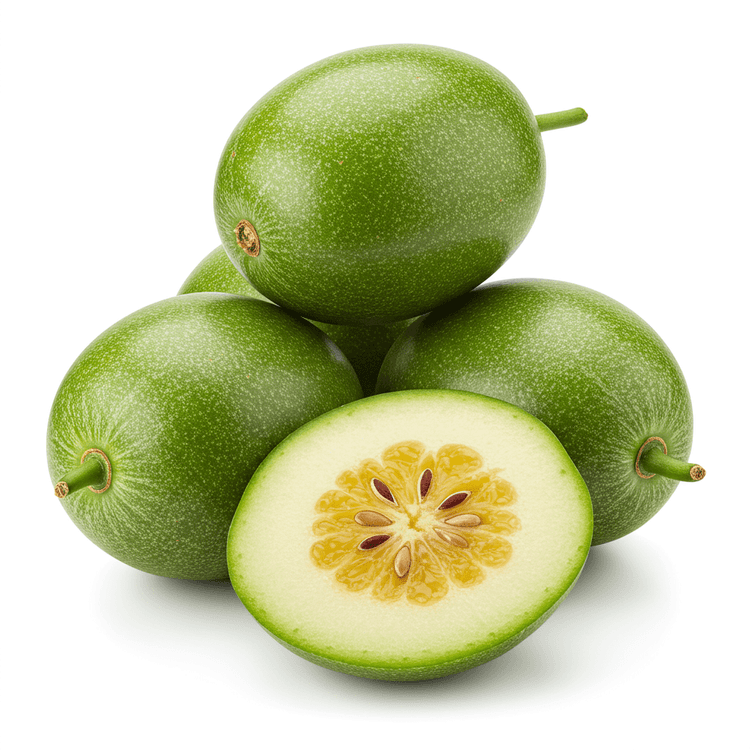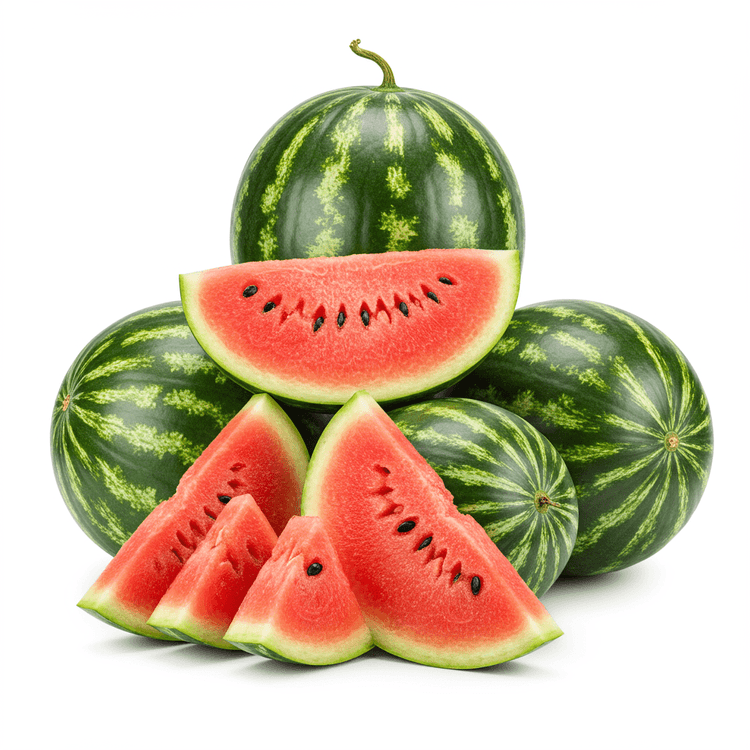
Watermelon
Watermelon is a refreshing and hydrating fruit, characterized by its smooth, thick green rind often featuring mottled stripes. The vibrant pink to red flesh is juicy, crisp, and subtly sweet, making it a popular choice for summer. This large melon is primarily composed of water (about 92%), offering a light and thirst-quenching experience. Watermelon seeds are typically black or white (depending on the variety) and can be either edible or require removal. Looking for a delicious and healthy summer snack? Try some fresh, juicy watermelon!
Common Uses
- Enjoy fresh watermelon chunks or slices as a healthy and hydrating snack during hot summer days for a refreshing treat. - Blend watermelon into refreshing smoothies, juices, or cocktails for a light and subtly sweet flavor profile that quenches thirst. - Grill watermelon slices to caramelize the natural sugars and add a smoky flavor, creating a unique side dish or salad component. - Dice watermelon and use it in salads, pairing it with feta cheese, mint, and balsamic glaze for a sweet and savory combination. - Freeze watermelon chunks and blend them into a refreshing sorbet or granita for a light and healthy dessert option. - Pickle watermelon rind to create a tangy and crunchy condiment or preserve for later use as a unique addition to cheese boards.
Nutrition (per serving)
Nutrition (per serving)
Calories
30.0kcal (1.5%)
Protein
0.6g (1.2%)
Carbs
7.6g (2.76%)
Sugars
6.2g (12.4%)
Healthy Fat
0.1g
Unhealthy Fat
0.0g
% Daily Value based on a 2000 calorie diet
Nutrition (per serving)
Calories
30.0kcal (1.5%)
Protein
0.6g (1.2%)
Carbs
7.6g (2.76%)
Sugars
6.2g (12.4%)
Healthy Fat
0.1g
Unhealthy Fat
0.0g
% Daily Value based on a 2000 calorie diet
Health Benefits
- Excellent source of hydration due to its high water content, supporting overall bodily functions.
- Rich in antioxidants like lycopene and vitamin C, which help protect against cell damage and reduce the risk of chronic diseases.
- Good source of vitamins and minerals, including vitamin A, potassium, and magnesium, contributing to overall health and well-being.
- May help reduce muscle soreness due to L-citrulline content, potentially aiding in post-exercise recovery.
- Low in calories and fat, making it a healthy and refreshing snack option for weight management.
- Supports heart health due to its lycopene content, which may help lower blood pressure and cholesterol levels.
Substitutes
Chefadora AI is here.
Experience smarter, stress-free cooking.
Storage Tips
A whole watermelon should be stored at room temperature until cut. Once cut, wrap tightly in plastic wrap or store in an airtight container in the refrigerator to maintain its freshness and prevent it from absorbing odors. Properly stored cut watermelon will last for about 3-5 days in the refrigerator. For longer storage, watermelon can be cubed and frozen in a single layer on a baking sheet before transferring to a freezer bag or container. Frozen watermelon is best used in smoothies or frozen desserts.
Marnirni-apinthi Building, Lot Fourteen,
North Terrace, Adelaide, South Australia, 5000
Australia
